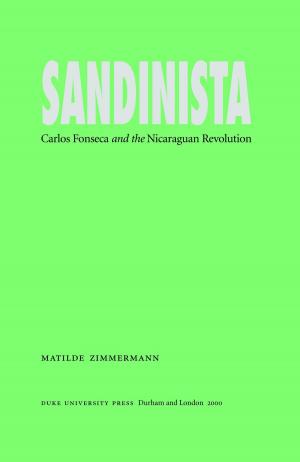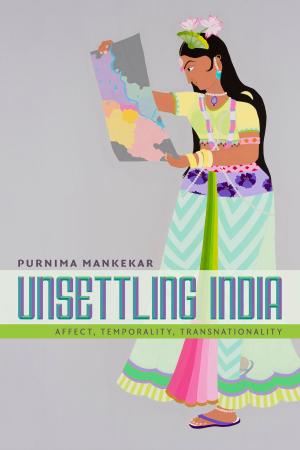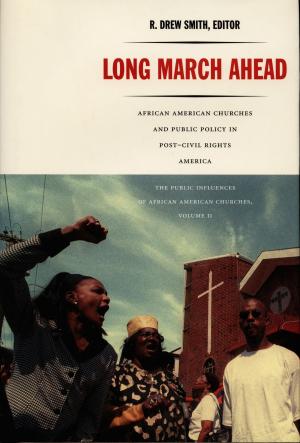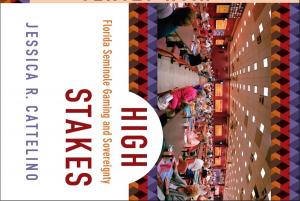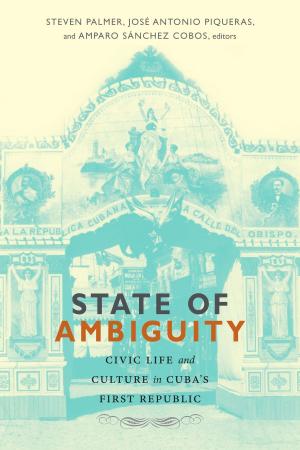Transparency and Conspiracy
Ethnographies of Suspicion in the New World Order
Nonfiction, Social & Cultural Studies, Social Science, Anthropology| Author: | Laurel Kendall, Misty L. Bastian | ISBN: | 9780822384854 |
| Publisher: | Duke University Press | Publication: | April 17, 2003 |
| Imprint: | Duke University Press Books | Language: | English |
| Author: | Laurel Kendall, Misty L. Bastian |
| ISBN: | 9780822384854 |
| Publisher: | Duke University Press |
| Publication: | April 17, 2003 |
| Imprint: | Duke University Press Books |
| Language: | English |
Transparency has, in recent years, become a watchword for good governance. Policymakers and analysts alike evaluate political and economic institutions—courts, corporations, nation-states—according to the transparency of their operating procedures. With the dawn of the New World Order and the “mutual veil dropping” of the post–Cold War era, many have asserted that power in our contemporary world is more transparent than ever. Yet from the perspective of the relatively less privileged, the operation of power often appears opaque and unpredictable. Through vivid ethnographic analyses, Transparency and Conspiracy examines a vast range of expressions of the popular suspicion of power—including forms of shamanism, sorcery, conspiracy theory, and urban legends—illuminating them as ways of making sense of the world in the midst of tumultuous and uneven processes of modernization.
In this collection leading anthropologists reveal the variations and commonalities in conspiratorial thinking or occult cosmologies around the globe—in Korea, Tanzania, Mozambique, New York City, Indonesia, Mongolia, Nigeria, and Orange County, California. The contributors chronicle how people express profound suspicions of the United Nations, the state, political parties, police, courts, international financial institutions, banks, traders and shopkeepers, media, churches, intellectuals, and the wealthy. Rather than focusing on the veracity of these convictions, Transparency and Conspiracy investigates who believes what and why. It makes a compelling argument against the dismissal of conspiracy theories and occult cosmologies as antimodern, irrational oversimplifications, showing how these beliefs render the world more complex by calling attention to its contradictions and proposing alternative ways of understanding it.
Contributors. Misty Bastian, Karen McCarthy Brown, Jean Comaroff, John Comaroff, Susan Harding, Daniel Hellinger, Caroline Humphrey, Laurel Kendall, Todd Sanders, Albert Schrauwers, Kathleen Stewart, Harry G. West
Transparency has, in recent years, become a watchword for good governance. Policymakers and analysts alike evaluate political and economic institutions—courts, corporations, nation-states—according to the transparency of their operating procedures. With the dawn of the New World Order and the “mutual veil dropping” of the post–Cold War era, many have asserted that power in our contemporary world is more transparent than ever. Yet from the perspective of the relatively less privileged, the operation of power often appears opaque and unpredictable. Through vivid ethnographic analyses, Transparency and Conspiracy examines a vast range of expressions of the popular suspicion of power—including forms of shamanism, sorcery, conspiracy theory, and urban legends—illuminating them as ways of making sense of the world in the midst of tumultuous and uneven processes of modernization.
In this collection leading anthropologists reveal the variations and commonalities in conspiratorial thinking or occult cosmologies around the globe—in Korea, Tanzania, Mozambique, New York City, Indonesia, Mongolia, Nigeria, and Orange County, California. The contributors chronicle how people express profound suspicions of the United Nations, the state, political parties, police, courts, international financial institutions, banks, traders and shopkeepers, media, churches, intellectuals, and the wealthy. Rather than focusing on the veracity of these convictions, Transparency and Conspiracy investigates who believes what and why. It makes a compelling argument against the dismissal of conspiracy theories and occult cosmologies as antimodern, irrational oversimplifications, showing how these beliefs render the world more complex by calling attention to its contradictions and proposing alternative ways of understanding it.
Contributors. Misty Bastian, Karen McCarthy Brown, Jean Comaroff, John Comaroff, Susan Harding, Daniel Hellinger, Caroline Humphrey, Laurel Kendall, Todd Sanders, Albert Schrauwers, Kathleen Stewart, Harry G. West


